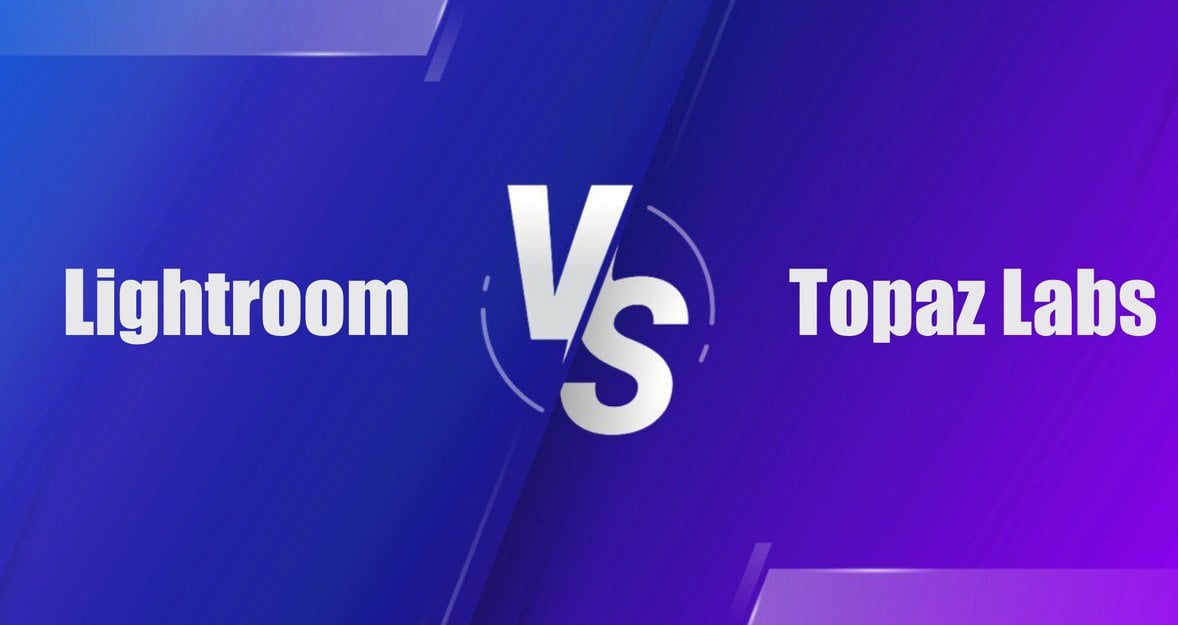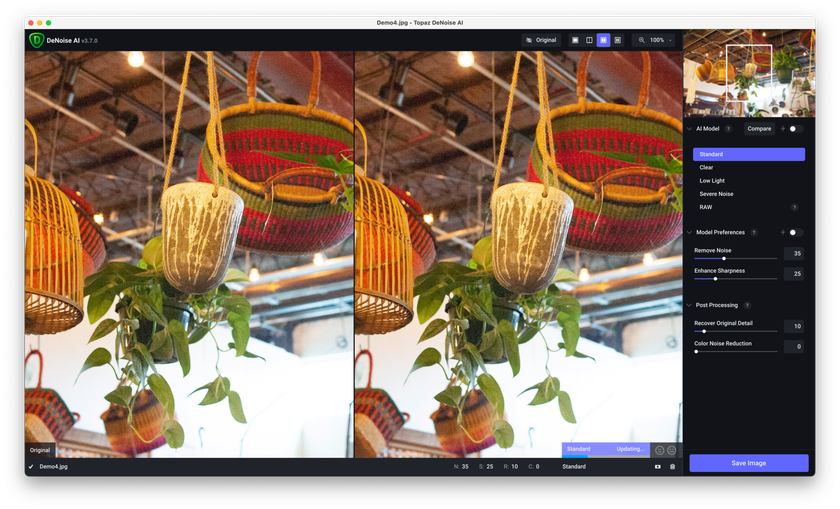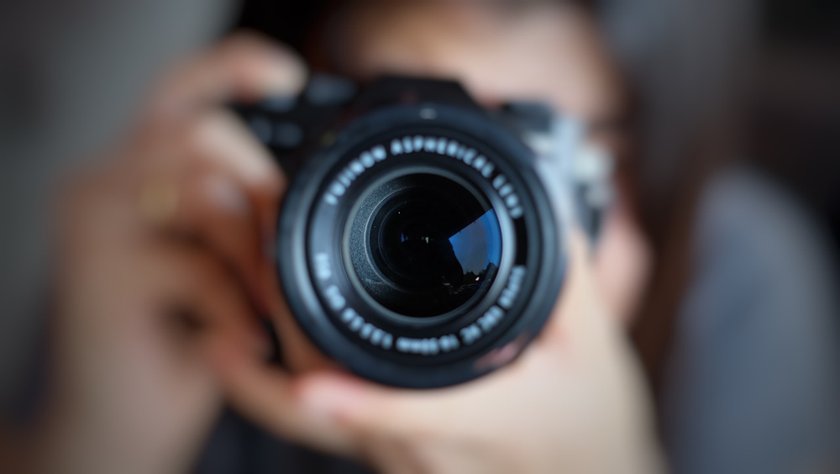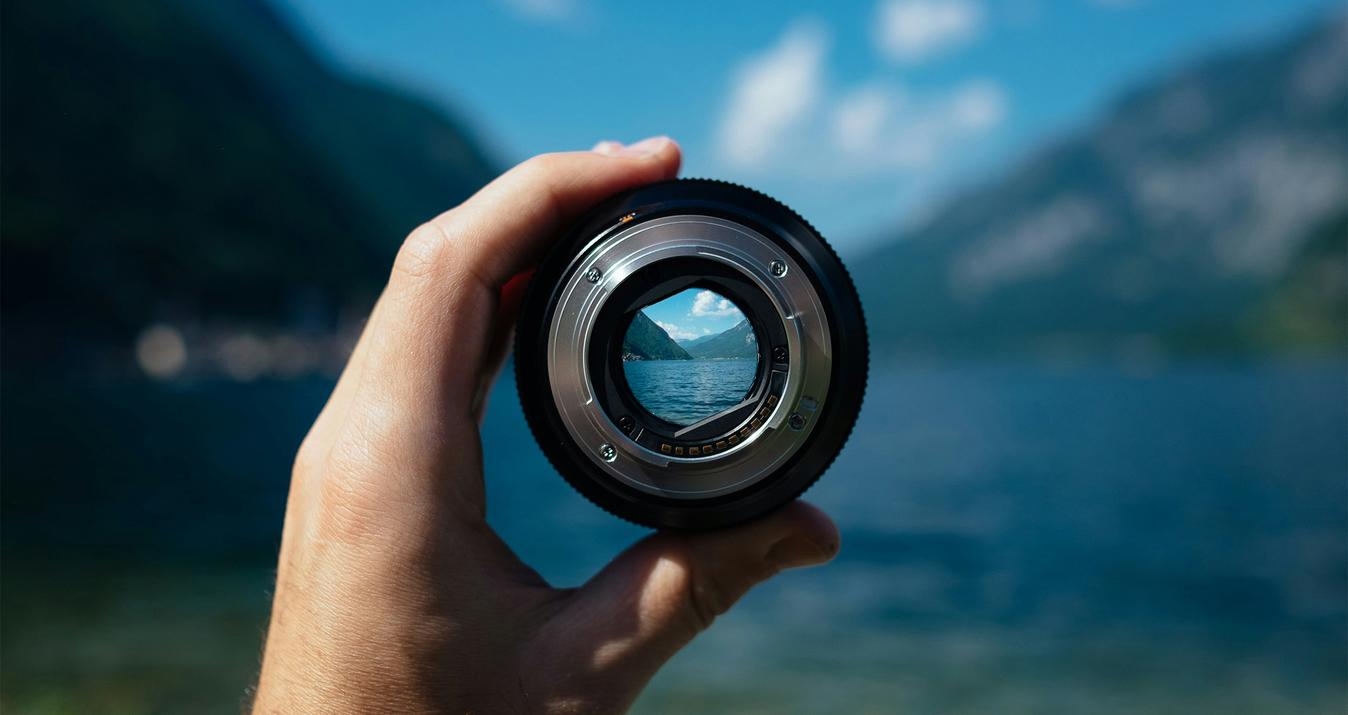Topaz Labs Vs Lightroom: Guide For Photographers
December 01, 2023

Photography, an artistry blending technical finesse with creative vision, has seen a revolutionary transformation with the advent of digital editing tools. Adobe Lightroom (often referred to as Lightroom) is considered one of the leaders in the modern photo editing software market.
But being one of the leaders is different from being the only option available, so many seasoned photographers and hobbyists are currently observing alternatives to Adobe Lightroom, and Topaz Labs catches their eye.
This article not only provides an ultimate Topaz Labs review, discussing this software’s editing capabilities in comparison with the features of Adobe Lightroom, but it also dives into the pros and cons of both software from the point of view of different photographic needs. It is a guide that delves into the depths of these software solutions, shedding light on their features, user interface, editing capabilities, and overall performance. There is no bad or good option, no right or wrong choice. Just select what fits you and your art!
Comparative Analysis: Topaz Labs and Lightroom
Topaz Labs is famous for its specialized editing features that bring exceptional image quality. Leveraging AI technology, Topaz Labs introduces innovative tools like Topaz AI Clear and Topaz Gigapixel AI, which intelligently enhance image details, sharpness, and resolution. Topaz Labs provides an extensive array of plugins catering to various editing needs. From Topaz Sharpen AI to Topaz Adjust, these plugins offer diverse functionalities, expanding the editing possibilities for photographers.
However, if you are new to photo editing, the learning curve of Topaz Labs may seem too complicated and confusing for you. The interface of Adobe Lightroom is much more intuitive. Here, you can easily organize, edit, and export images cohesively, streamlining the editing process. Topaz Labs, in turn, has a major organizational drawback: it needs a cataloging feature to systemize the photos you work with. So, if you work with many images, Lightroom is a better choice because, with its help, you can seamlessly create libraries to navigate through.
Lightroom boasts many editing tools encompassing exposure adjustments, color grading, cropping, and more. Its non-destructive editing approach allows for flexibility without compromising the original image quality. Its plugins are much more than extending features of this particular software; they can open the door to a new photo editing experience with software of a completely different kind. One of the software that easily integrates into the Lightroom workflow is a cutting-edge AI-based tool called Luminar Neo. Luminar vs Topaz — both offer unique advantages and can be considered depending on the specific needs of the photographer
While Lightroom offers a comprehensive set of tools, its resource-intensive nature might demand robust hardware requirements, potentially impacting performance on less powerful systems.
Topaz Labs' approach of standalone purchases or bundled packages provides flexibility in acquiring specific tools, ideal for photographers seeking specialized editing solutions like advanced noise reduction without committing to an entire suite.
On the other hand, Lightroom's subscription model grants access to a broader array of tools within the Creative Cloud suite, which might be more beneficial for users requiring a comprehensive set of creative applications beyond photo editing. Integrating Luminar Neo as a plugin enhances its editing capabilities, making it a versatile choice for photographers seeking a diverse editing toolkit.
When comparing the user interfaces and editing tools of Topaz Labs and Lightroom, it is evident that both software options excel in different aspects.
In the following section, we will compare the two software from the point of view of coming up with an exact common practical task in different types of photo editing — noise reduction.
Topaz Denoise Vs Lightroom: Noise Reduction Capabilities
Many programs are available today to reduce noise in photos and improve their quality. Both products are at the top of the best denoising software.
Topaz Denoise is a noise reduction feature of Topaz Labs that stands out for its exceptional noise reduction algorithms. It offers advanced AI-powered tools that effectively diminish noise while preserving crucial image details. Photographers dealing with high ISO images or low-light conditions benefit significantly from Denoise's ability to retain sharpness and clarity without compromising quality.
Denoise provides photographers with a high degree of customization. It allows users to fine-tune noise reduction settings based on specific image requirements. This level of control enables tailoring the noise reduction process according to different shooting conditions, ensuring optimal results for various scenarios.
Another notable advantage of Topaz Denoise lies in its efficient batch processing capabilities. Denoise streamlines the workflow for photographers. Handling large images by allowing noise reduction adjustments to be applied uniformly across multiple photos saves valuable time and effort.
Adobe Lightroom offers limited customization options for noise reduction compared to specialized tools like Topaz Denoise. Users seeking highly specific noise reduction adjustments might find Adobe Lightroom's set of options some restrictive.
Note the steep learning curve and poor organization when working with the Topaz Labs software; the Denoise tool is no exception. Meanwhile, Adobe Lightroom ensures a smoother and more intuitive experience for photographers, allowing them to handle noise reduction alongside other editing tasks effortlessly.
Lightroom's non-destructive editing feature is advantageous for noise reduction. It enables photographers to adjust without permanently altering the original image data, preserving flexibility and the ability to revert changes at any time.
Lightroom's compatibility with various platforms and the ability to incorporate third-party plugins such as Luminar Neo expands its noise reduction capabilities. By using Luminar Neo as a plugin, photographers can access additional noise reduction tools and functionalities, enhancing their editing options within Lightroom. In addition, advanced AI tools of Luminar Neo, such as Noiseless AI, will give an unparalleled result from the collaboration of two photo editors.
When handling many images or applying intensive noise reduction adjustments, Lightroom's processing speed might need to catch up, which might be especially inconvenient for professional photographers with strict project deadlines.
Topaz Labs impresses with its specialized AI algorithms, particularly in noise reduction. However, its resource-intensive processes might pose challenges for users with less powerful hardware configurations, impacting overall workflow efficiency.
Advanced yet easy-to-use photo editor
GET LUMINAR NEO NOWBottom Line
Choosing between Topaz Labs and Lightroom for photo editing is a nuanced decision that depends on various factors, each catering to different aspects of a photographer's workflow and preferences.
Topaz Labs, particularly with its renowned Topaz Denoise tool, stands out for its specialized noise reduction capabilities. Its AI-powered algorithms offer exceptional noise reduction while retaining crucial image details. The flexibility of standalone purchases or bundled packages allows users to tailor their toolkit according to specific editing needs, making it an excellent choice for those prioritizing specialized editing solutions.
However, the initial learning curve and resource intensiveness might pose challenges for some users, especially those new to the software or with less powerful hardware configurations. Yet, Topaz Labs remains a compelling option for photographers seeking advanced noise reduction and other specialized editing tools.
Lightroom's strength lies in its comprehensive editing environment, seamless workflow management, and device integration. At the same time, its noise reduction tools might not match Topaz Denoise's specialized prowess, including Luminar Neo as a plugin, which enhances its editing capabilities significantly.
The subscription-based model grants access to a suite of creative applications, making it cost-effective for users requiring a broader range of tools beyond photo editing. Lightroom's optimized performance and non-destructive editing ensure a streamlined workflow, catering to photographers with diverse editing requirements.
Ultimately, the choice between Topaz Labs and Lightroom depends on individual preferences, workflow demands, and budget considerations. Photographers focusing on specialized editing tasks, especially noise reduction, might find Topaz Labs, specifically Topaz Denoise, more tailored to their needs.
Conversely, those seeking a versatile editing environment, seamless workflow management, and access to a broader suite of creative tools may find Lightroom, coupled with Luminar Neo as a plugin, a more holistic solution.
In conclusion, Topaz Labs and Lightroom offer powerful tools with distinct strengths. By considering editing preferences, workflow efficiency, and budget constraints, photographers can make an informed choice that elevates their editing capabilities and enhances their photographic journey.








